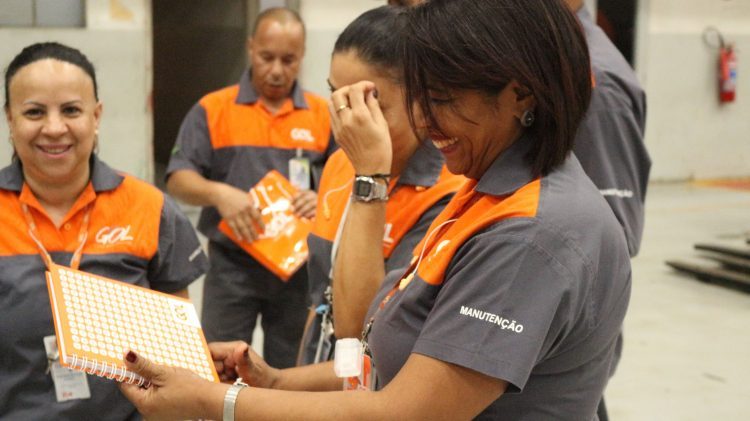During the Economist's Month session, which were held in the State of Marañón, EUROsociAL+ was invited to participate in the panel on “Economic and Social Independence” to discuss the impact of the pandemic on gender gaps in Latin America, as well as well as to present the progress of the action implemented by the programme on results-based budgeting with a gender perspective in the states of Marañón and Paraiba.

Foto: André Ravazzi
During the conference, María Dolores Almeida, an expert from the EUROsociAL+ Governance Area’s Public Finance Unit, spoke about the impact of the pandemic on inequality and the autonomy of women in Latin America through information and analysis generated within the scope of the programme.
Based on ECLAC data, the gaps in the workplace have reached 56% of women working in high-risk sectors compared to 40% in the case of men. In the area of social protection, there has been an increase of 23 million women living below the poverty line, while the digital divide has increased significantly in the case of women.
Almeida also presented a series of recommendations to correct some of these inequalities and gender gaps. Firstly, in tax matters, a focus on progressive taxes (wealth) and progressive tax spending (the care economy). Secondly, in terms of public spending, strengthening the budget for results with a gender perspective, non-contributory social protection programmes and public purchases by micro, small and medium-sized businesses and women, investment in public service infrastructure and the care system, as well as the identification and monitoring of spending with a gender impact. In terms of financing, the possibility of promoting social bonds and gender bonds, as well as freely available loans with gender indicators, was also proposed.
Finally, the EUROsociAL+ Programme presented some of the progress made in the action carried out with the states of Marañón and Paraiba to enhance their results-oriented budgets incorporating a gender perspective. This line of the Programme’s work is being developed with great success in other Latin American states, such as in Guanajuato in Mexico, as well as with national governments in Argentina and the Central American countries.



